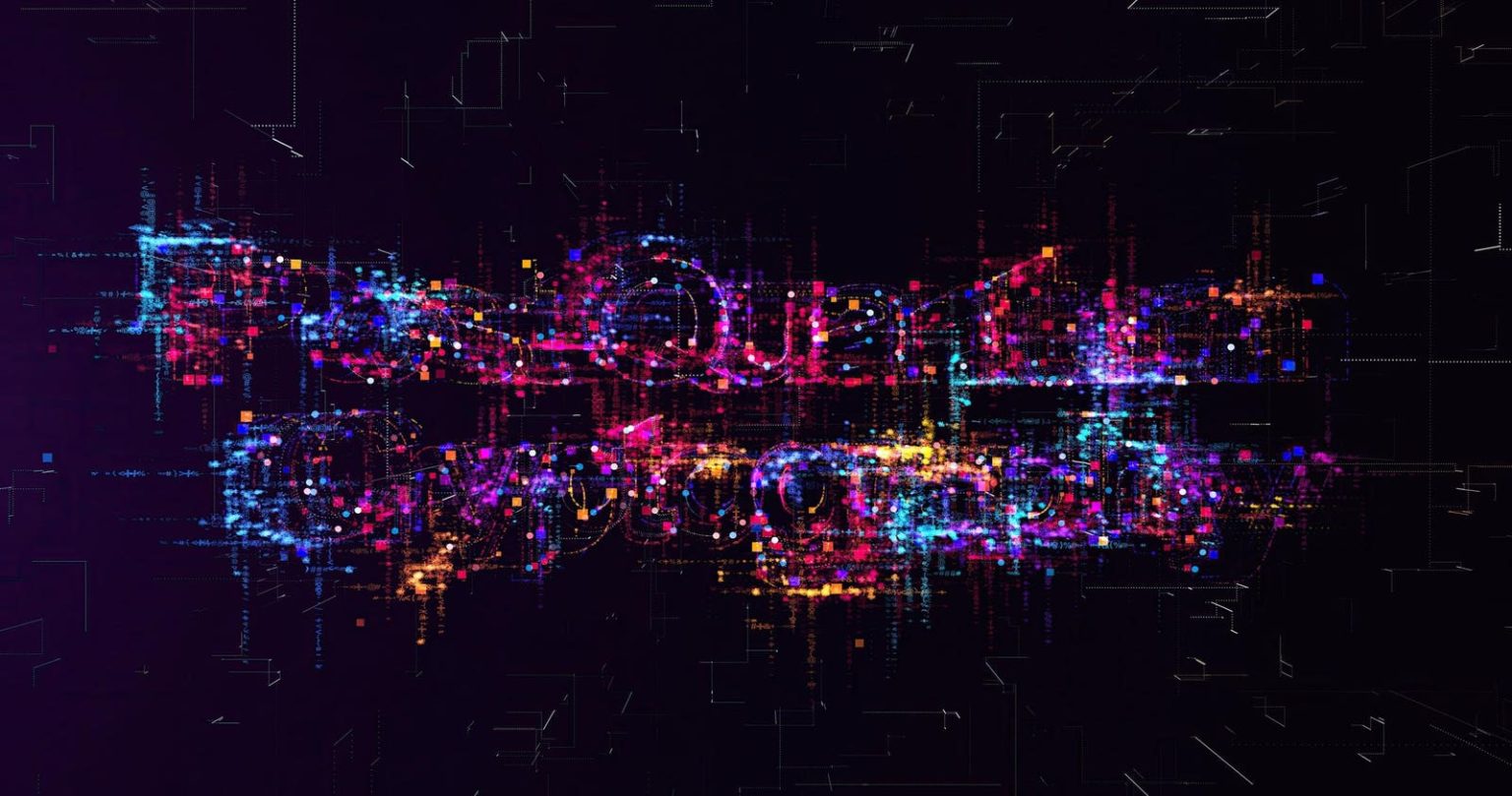Tushar Vartak, an experienced cybersecurity professional with over two decades of experience in managing security for global banks, is passionate about emerging technologies such as artificial intelligence, machine learning, blockchain, and quantum computing. Quantum computing, a field deeply rooted in quantum mechanics, is now making waves and introducing a whole new set of rules to the game. Unlike classical computing, quantum computing operates in a non-linear, unpredictable manner, opening up a realm of possibilities that defy conventional logic.
Quantum computers utilize quantum bits, or qubits, which can exist in multiple states simultaneously due to quantum superposition, allowing them to explore all paths simultaneously. This remarkable capability accelerates computational tasks and opens up new avenues for advancements in various fields, including medicine, chemical production, and training AI models. The speed and versatility of quantum computing offer the potential to unlock scientific mysteries that were once considered beyond reach and challenge the current encryption protocols.
Today’s cryptographic systems rely on complex mathematical principles such as prime number factorization, used in RSA encryption, and elliptic curve properties used in ECC. These systems exploit the asymmetry of certain mathematical operations to create secure encryptions that are challenging to decrypt through conventional means. However, the emergence of quantum computing poses new challenges as it can potentially render traditional cryptographic systems obsolete due to their ability to process multiple possibilities simultaneously.
Post-quantum cryptography (PQC) refers to algorithms resistant to attacks by quantum computers, such as lattice-based cryptography, hash-based signatures, and multivariate polynomial equations. These algorithms are built on mathematical approaches that are difficult for quantum computers to solve, ensuring secure encryption against quantum threats. Organizations must proactively prepare for a quantum future by auditing their current cryptographic algorithms, staying updated on quantum computing developments, and trialing new post-quantum cryptographic algorithms.
To safeguard digital landscapes against the threats posed by quantum computing, organizations should conduct risk assessments, ensure cryptographic agility, educate teams on quantum risks, collaborate with technology providers, develop roadmaps for post-quantum cryptography integration, and engage in standards development. By adopting these measures, organizations can better manage the risks associated with the quantum computing era and ensure robust protection for their digital assets. The potential for quantum computers to decrypt current cryptographic defenses is real and imminent, highlighting the urgency for organizations to implement quantum-resistant cryptographic measures to protect sensitive information. Adopting quantum-resistant cryptography can safeguard digital communications and maintain the integrity of digital infrastructure in the face of evolving quantum threats.


